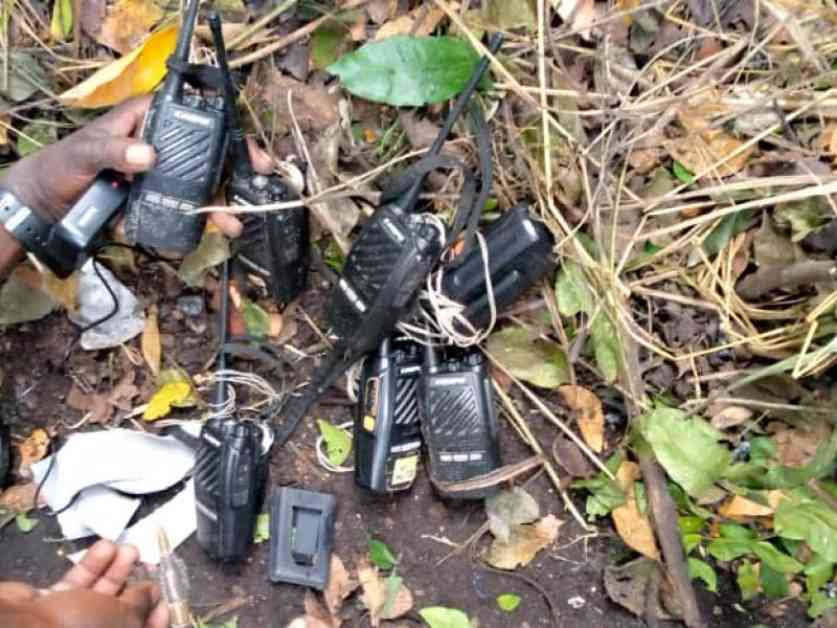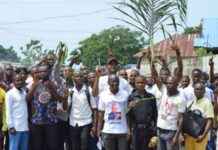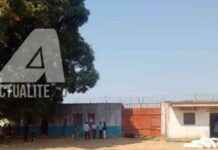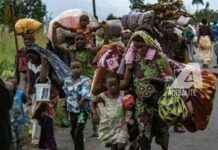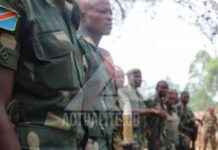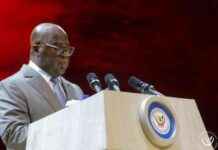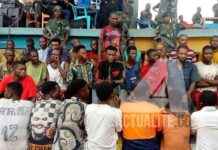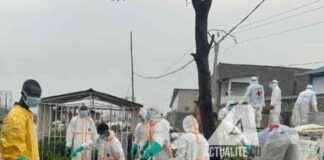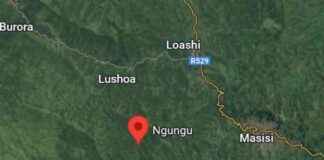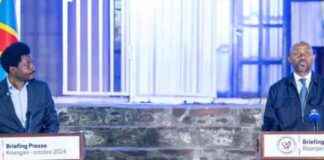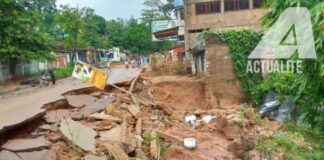Musa Baluku Maintains Control of ADF Despite Health Rumors
The latest report from the United Nations’ group of experts revealed that Musa Baluku, the leader of the Allied Democratic Forces (ADF), continues to maintain a simple and centralized command structure within the organization. Despite persistent rumors about his poor health, Baluku remains at the helm of the ADF, with sub-groups operating with some level of independence but ultimately being held accountable to him.
Baluku, who is still actively involved in the operations of the ADF, exercises strict control over his commanders, including Abwakasi, and has reportedly expressed his intention to detonate an explosive vest in the event of capture. His right-hand man, Seka Umaru, has been identified as his potential successor. Major ADF operations still require Baluku’s authorization, with detailed reports and photographs being submitted to him after each attack for strategic decision-making and propaganda purposes.
ISIS Shows Increased Interest in ADF Activities in DRC
In addition to the internal workings of the ADF, the report also highlights the growing interest of the Islamic State (ISIS) in the activities of the ADF in the eastern region of the Democratic Republic of Congo. There has been a significant uptick in the number of attacks claimed by ISIS since June 2024, with 111 attacks attributed to them between June 2nd and late October.
The time gap between an attack and its claim by ISIS has been notably shortened, sometimes as little as 24 hours, indicating a more rapid and direct communication channel between ISIS and the ADF. These developments point to a deepening collaboration between the two groups, raising concerns about the terrorist influence expanding in Ituri and North Kivu provinces.
Concerns and Implications for Regional Security
The strengthening ties between the ADF and ISIS pose a grave threat to the stability and security of the region. With ISIS showing an increasing interest in the activities of the ADF, there is a heightened risk of further violence and radicalization in the already volatile eastern Congo. The international community, including the United Nations, must closely monitor the situation and take decisive action to prevent the escalation of terrorist activities in the area.
As the situation continues to evolve, it is imperative for security forces and policymakers to remain vigilant and proactive in addressing the complex challenges posed by these two extremist groups operating in the region. The implications of their collaboration extend beyond the borders of the DRC and have far-reaching consequences for the entire Great Lakes region.
